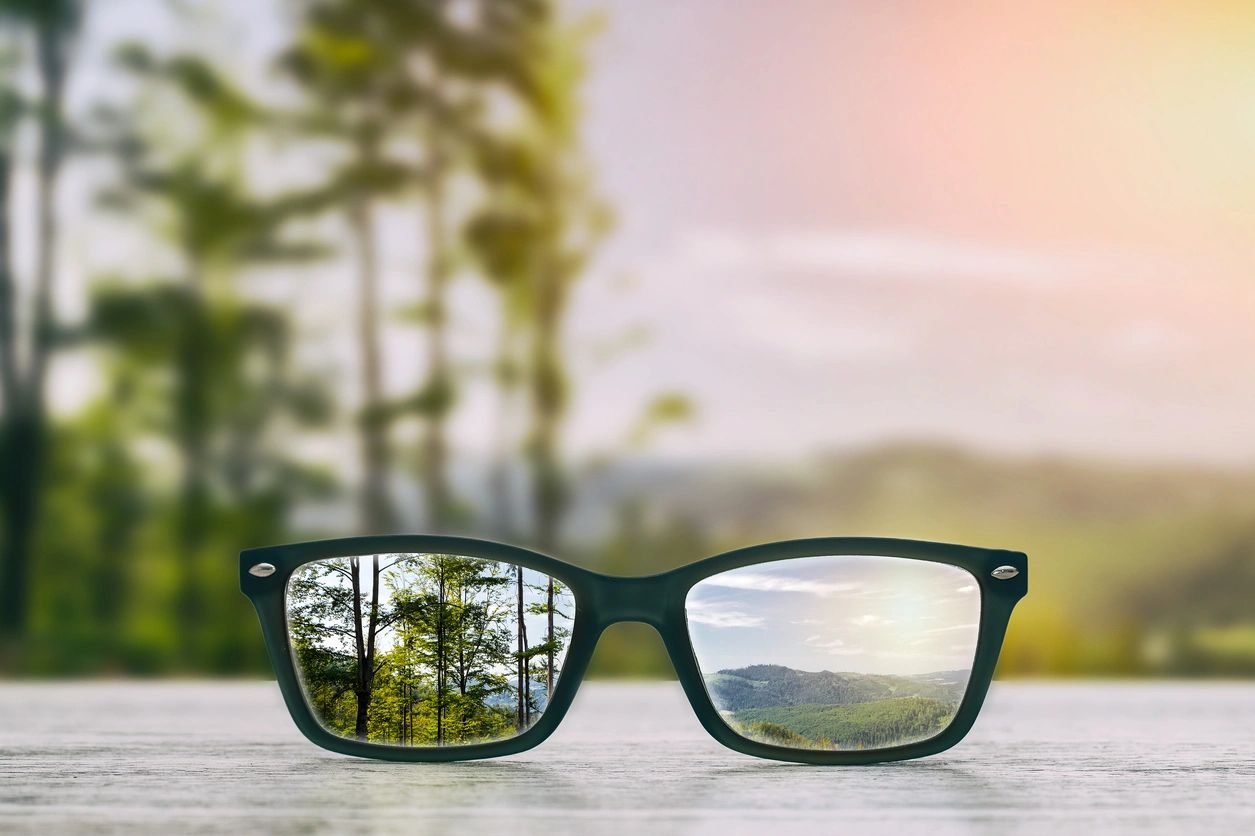Macular Degeneration part 2

Macular Degeneration part 2
Dr. Claire Arcidiacono, ND
In my last blog I began the conversation on macular degeneration. Today I’ll be finishing that important topic. Let’s start with the most common risk factors for macular degeneration. One of the largest risk factors for macular degeneration is age, specifically being over 50years old. Having a personal or family history of macular degeneration, high blood pressure, high cholesterol and heart disease are all a risk factor. Smoking cigarettes is also a risk factor. Being overweight and eating a diet high in saturated fat also increases your risk of macular degeneration. For more information on the complex world of saturated fats please check out a blog by my colleague Allie Might which is titled Fats – the skinny you need to know.
How does the doctor go about diagnosing you with macular degeneration? One way to monitor your vision if macular degeneration is a concern is the Amsler grid that I referenced in my prior blog. One of the methods an ophthalmologist will use is to dilate your eyes and then use a special lens to look at the inside of your eye. Another method of looking at the retina and macula is called optical coherence tomography (OCT) and this is a machine that scans the retina providing a detailed view of both the retina and macula. Yet another test that your doctor can run is fluorescein angiography which can help to determine abnormal new blood vessel growth. (1)
What are the most common complications that can occur when you have macular degeneration? While macular degeneration rarely cause’s what most people think of as complete blindness it can have a severe impact on certain activities. This is because it can cause a severe loss of our central vision. So what does this mean in real life? Certain activities such as reading, driving and even the ability to recognize a person’s faces are all examples of activities that need fine central vision. (2) As the disease progresses there may be the development of a condition called Charles Bonnet Syndrome, which is where an induvial experiences visual hallucinations. A possible complication of dry macular degeneration is develop of wet macular degeneration which cause’s very rapid degeneration of our vision. Those who have macular degeneration are at an increased risk for social isolation and even depression. (3) So what does the world look for those with macular degeneration? Please see the below picture for a view of what it may look like if you have macular degeneration. (4)

How is dry macular degeneration treated conventionally? One method to help with dry macular degeneration is the use of 2 medications one of which is an injection. A large study has also found that certain vitamins and minerals may slow the progression of dry macular degeneration. Wet macular degeneration can be helped with medications called anti-VEGF drugs as well as laser surgery. (1)
I know I said earlier that specific nutrients can help with dry macular degeneration. While these nutrients are helpful with dry macular degeneration there is very little other than medications or laser surgery than can help with wet macular degeneration. That being said even if you have wet macular degeneration it is important to help support our eye health so that our vision can be the best it can be. Now let’s dig into what these nutrients are, shall we?
- Vitamin C, Vitamin E, Lutein, beta carotene, copper, Zeaxanthin and Zinc have all been studied extensively for macular degeneration. In fact they are part of a well-known product that is recommended by eye doctors known as AREDs. The major study known as the ARED study conducted by the National Eye Institute found that these nutrients can help to reduce the advancement of dry macular degeneration. (5) These important nutrients are found in Macula Advanced, Lutein Plus, our extensive line of multivitamins as well as products such as Immunity Hx. Invite also has an extensive line of vitamin c products.
- Grape Seed extract has been studied and found to have potential benefits for macular degeneration and one study found that it “could be a potential treatment for macular degeneration”. (6) Please see Invite’s Grape Seed extract as well as our Daily Multi with Grape Seed.
- L Carnosine has been found in studies to be able to protect our eyes from macular degeneration. (7) Please see Invite’s L Carnosine Plus
- Our next product highlight will be Lutein Plus!
Sources:
- https://www.aao.org/eye-health/diseases/amd-macular-degeneration?gad_source=1&gclid=Cj0KCQjw3tCyBhDBARIsAEY0XNnHxcSvQv9bWm8WsC_5Xe66KBAIs6TGA7JZf7nfpc-S-JF4JSpyd_gaApvvEALw_wcB#diagnosis
- https://www.hopkinsmedicine.org/health/conditions-and-diseases/agerelated-macular-degeneration-amd
- https://www.mayoclinic.org/diseases-conditions/dry-macular-degeneration/symptoms-causes/syc-20350375
- https://www.allaboutvision.com/conditions/amd.htm
- https://www.nei.nih.gov/research/clinical-trials/age-related-eye-disease-studies-aredsareds2/about-areds-and-areds2
- https://www.ncbi.nlm.nih.gov/pmc/articles/PMC8286255/#s0004title
- https://www.ncbi.nlm.nih.gov/pmc/articles/PMC10146178/#sec5-molecules-28-03324title
